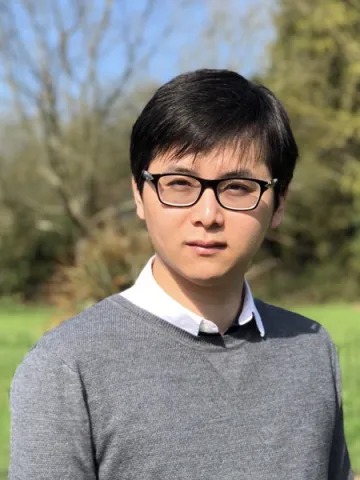About the project
Shape the future of neuro-controlled medical devices using quantum memristors as artificial synapses. Gain hands-on experience in micro/nano-fabrication, quantum state characterisation, neuromorphic circuits, and biohybrid interfaces, developing the critical neuromorphic interfaces that transform healthcare technologies to think, learn, and move like natural human body.
Quantum-effect-driven memristors have emerged as a promising frontier in nanoscale device engineering, attracting significant interest across biomimetic and neuromorphic systems. Their distinctive quantum conductance behaviour arises from the formation and rupture of atomic-scale conductive filaments, producing quantized conductance states that emulate adaptive learning and sensory feedback processes found in biological neural networks.
Harnessing these quantum phenomena could enable biohybrid neural interfaces for adaptive motor control and neurorehabilitation, offering a new pathway toward quantum-enabled healthcare solutions for individuals with impaired neurological functions caused by e.g. stroke or spinal cord injuries, ultimately facilitating intuitive limb control and restoring mobility.
Building on our recent progress in memristor-based neuromorphic research, this project aims to design, fabricate, and characterize quantum memristors as artificial synaptic devices. The focus will be on developing new memristive materials and device architectures that enable stable, controllable, and reproducible quantum conductance phenomena.
Through engineering of device geometry, filament dynamics, and electrode interfaces, the project seeks to achieve modulation of quantum states for low-power, learning-capable operation. Experimental work will include micro/nanofabrication, quantum transport characterization, and synaptic plasticity emulation to demonstrate how engineered quantum effects can support adaptive neuromorphic behaviour.
Supervision will be provided by experts in quantum device engineering, memristive systems, and assistive neurotechnology. The successful candidate will gain interdisciplinary expertise spanning quantum materials, nanoscale device physics, neuromorphic engineering, and bioelectronic systems, preparing them to lead future advancements in quantum-enabled healthcare and human–machine integration.

